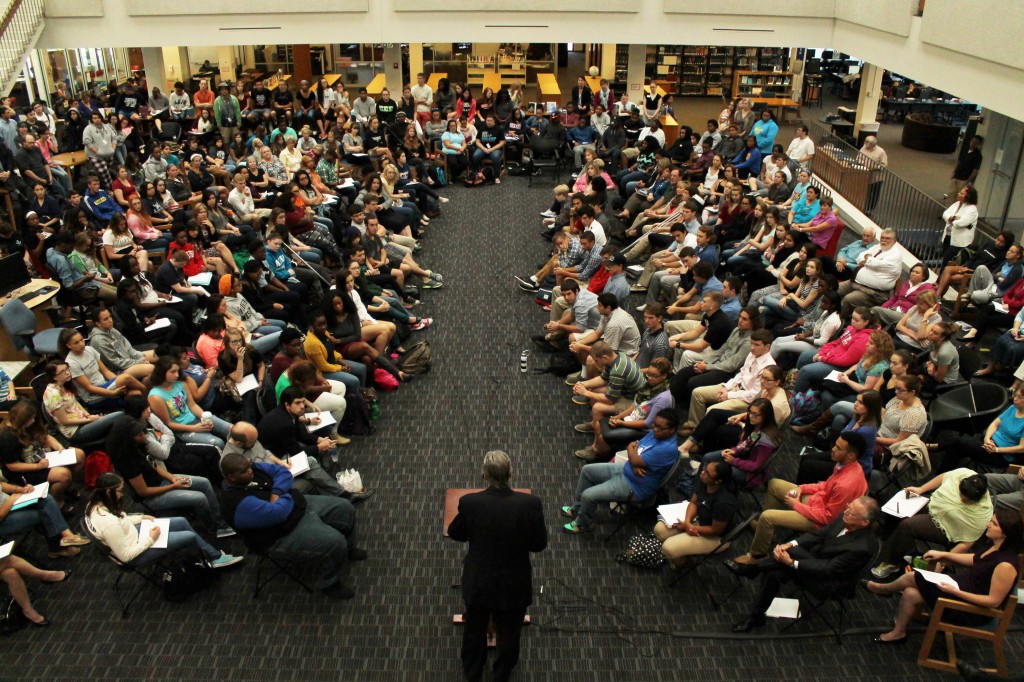Featured Image: Mel Lhuillier | Marlin Chronicle
Just like any other educational institution, a prominent challenge for the VWU student body is the cost of textbooks.
For VWU, the current Scribner University Store used to be where students could find all the textbooks professors assign for their classes in their physical format.
Kim Brown, the manager of Scribner University Store, mentioned that the university adopted an online option of getting textbooks through Akademos in 2021, a full-service online bookstore and course materials platform for colleges and universities.
“The store was majorly known by its bookstore functionality, and that’s something students and staff preferred for the warm interactions and conversations that it added to their day,” Brown said.
At that time, textbooks were still expensive but students found lower-cost alternatives through other providers.
“The textbooks that VWU offers are too expensive so I go to an alternative of Amazon where I can find it cheaper and possibly used,” 2022 Alumna Savannah Roach said.
Now, the online bookstore operates automatically and adds the assigned textbooks to students’ Akademos accounts for purchasing.
The website offers options for students with varying budgets. Textbooks might be available for rent, purchase through an online marketplace, hard copies or e-books.
Following a survey on the textbook policy at VWU on the Marlin Chronicle Instagram, students voiced their thoughts. Of 55 respondents, 62% of them think textbooks are costly. In terms of utilization, 49% of the 48 of respondents said they typically buy four or more textbooks per semester.
“During the spring semester, I had to buy six textbooks; some were rented, and some were online. Overall, I can say I used two of those six properly and fully,” sophomore and Education major Hannah Rotenbach said.
According to the Education Data Initiative, the average college student spends between $628 and $1,471 annually for books and supplies as of the 2021-2022 academic year.
One reason behind this expensiveness is market monopoly. According to Business Insider, the five biggest publishers – Pearson Education, Scholastic, McGraw-Hill Education, Cengage Learning, Houghton Mifflin Harcourt, control around 80% of the textbook market. They also encourage students to purchase new textbooks through restricted access with special codes and new frequent editions.
On the other side, there are websites that aid in gaining access to free textbooks regardless of their restricted legality or range limitations.
“There are many websites dedicated to giving access to textbooks to both low income communities and college students,” senior and Mathematics major Shaun Guernsey said.
Guernsey mentioned free options such as Academia.edu, library genesis and Z-library.org.
However, U.S. authorities confiscated the domains of Z-library.org for its illegally downloaded e-books in Nov. 2022.
Another issue that was reported by students – even before transitioning to the digital platform – is the usage of the books that the university requires students to buy.
Isaiah Luckey, a junior majoring in Business, said that he has never bought a textbook from any platform because the textbooks don’t get used significantly in class and the material provided with his own research is enough for him to achieve the expected learning outcomes.
As students continue to raise complaints, the textbook system remains under scrutiny.
By Houda Touchen
htouchen@vwu.edu

